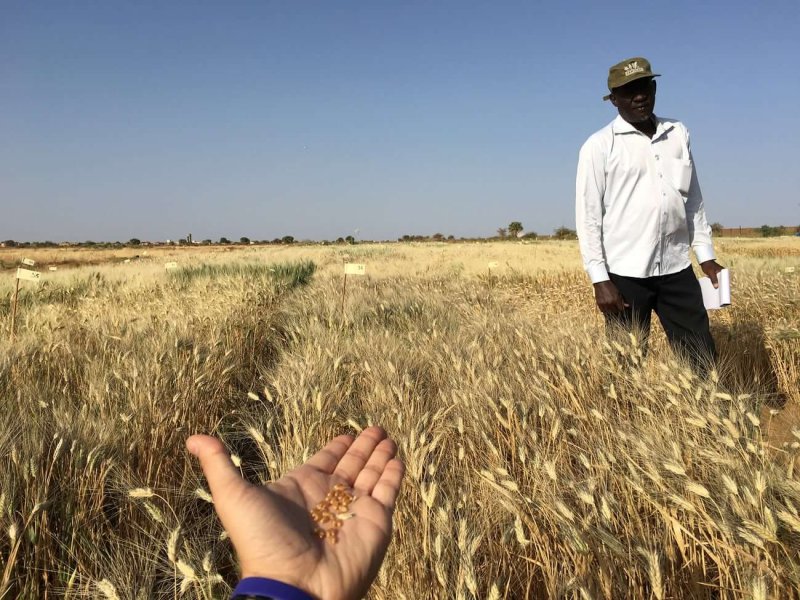In the northern Senegalese village of Ndiayene Pendao, close to the border with Mauritania, Fatouma Sow is pulling weeds. Her team of female farmers tread carefully among the tall, ripening plants as they prepare to harvest the country’s first ever crop of durum wheat.
They had grown onions and tomatoes on the one-hectare plot (2.47 acres), Sow explains, but the crops took too long to grow and disrupted the essential rice growing season. Now the wheat offers a fast-growing, lucrative alternative.
Following four years of trials, which saw thousands of wheat varieties tested in the unforgiving sub-Saharan heat, scientists have successfully turned what was first thought of as a “crazy idea” into a vital new food crop. With more than 1 million smallholders living along the Senegal River basin, which also runs through Mali and Mauritania, it was an important strategic area to trial the wheat.
The strain of wheat can withstand constant 40C [104 degrees Fahrenheit] temperatures, and has been developed by the International Centre for Research in the Dry Areas (Icarda). The so-called drylands cover more than 40% of the world’s land surface and despite the challenges, remain huge centres of agriculture, supporting half the world’s livestock.
…
Rather than go down a GM route, Icarda used advanced breeding techniques and its unique seedbank to combine characteristics of both modern and ancient strains.
Read full, original post: Wheat in heat: the ‘crazy idea’ that could combat food insecurity































